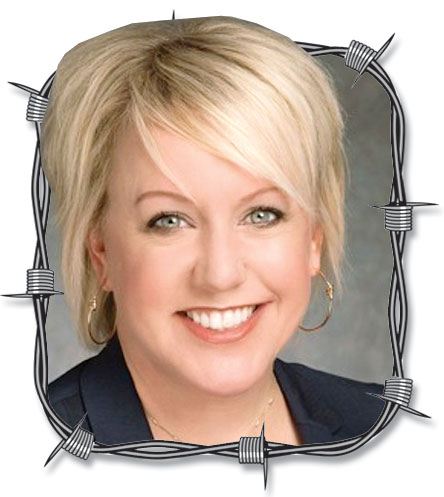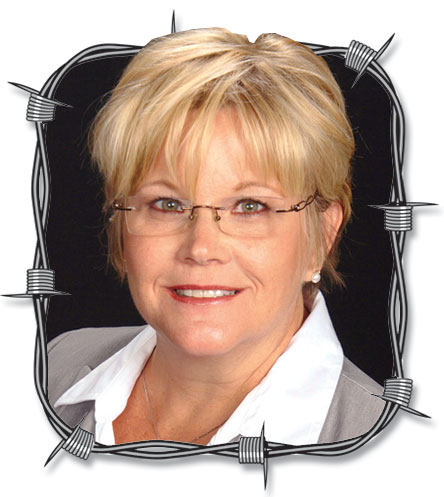 It’s no secret money and emotion go hand in hand. Money has the ability to impact our stress levels, mental health and personal relationships. In fact, more than half (53 percent) of Americans feel anxious thinking about their personal finances, according to the National Financial Capability Study conducted by the FINRA Investor Education Foundation.
It’s no secret money and emotion go hand in hand. Money has the ability to impact our stress levels, mental health and personal relationships. In fact, more than half (53 percent) of Americans feel anxious thinking about their personal finances, according to the National Financial Capability Study conducted by the FINRA Investor Education Foundation.
And while money isn’t everything, it’s important to keep savings and spending in line with your individual financial goals. To better separate your emotions from your money, we’ve created four steps to help you become more confident and less stressed about your financial future.
Start with a budget
One of the first steps to managing your money – and the emotions surrounding it – is to create a budget. A budget can help take away some of the stress money creates because it gives you an action plan. Putting your budget in writing can help you better understand how much money is coming in and going out of your household, and more importantly, what the money is being spent on each month. This knowledge and organization can help cut unnecessary purchases and create a long-term savings plan.
Get comfortable being uncomfortable
Life can throw you curveballs, and sometimes change can be hard. A new child, school, divorce, retirement and even medical events can leave you feeling overwhelmed emotionally and financially.
In these uncomfortable times, it’s important to address the situation head on and find a long-term solution that works for your family. Often, the best way to sort through these situations is to speak with someone about your concerns and work together to find the best way to move forward financially.
Ask questions and understand your finances
If you’re not involved in your family’s finances, ask your partner to teach you about your household budget and your current financial situation. It’s vital for both people to know where their money is coming in and where it’s going out each month. To open the door to a candid conversation about money, start by showing interest in the household finances and make yourself available to talk.
Check in and update your goals
It is always a good idea to meet with your banker or find a trusted financial advisor. A banker can make sure you are on the right track, whether that is managing your debt, balancing your budget, saving up for a big event or getting ready for retirement. They can help review your budget and financial roadmap and update as necessary so your emotions are more manageable when significant life events happen.
When you seek out a banker or financial advisor, be sure to find out if they are a fiduciary. A fiduciary is legally obligated to work in your best interest and look out for what matters to you, not what matters to themselves or to the financial institution where they work.
Jenny Rucker is a senior vice president and private banker for UMB Bank. She can be reached at [email protected].





